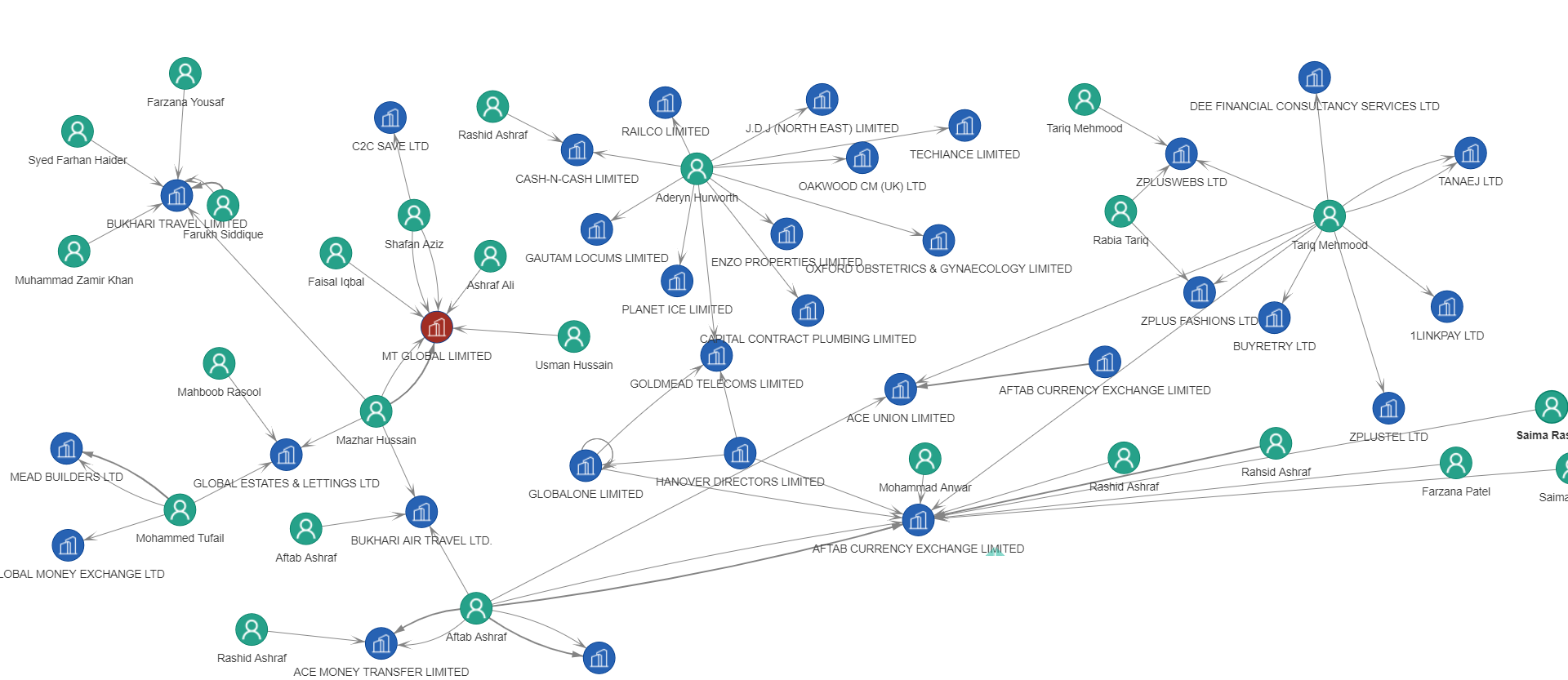
The Fintech revolution is disrupting the way we consume banking and financial services. There is a silent war between high-street banks and the myriad of technology-based financial solutions providers. While Fintechs aim to repeal and replace the fancy-dressed sharp-looking bankers, a new menace from an old enemy is rising. As law enforcement and regulators become more intrusive and sophisticated, financial criminality needs to reinvent itself. The Fintech revolution is the perfect opportunity for the old guard of scammers and fraudsters to enhance their crimes with cutting-edge technology. Boiling room traders, credit card skimmers, tax evaders and social engineers found a new playground.
When Revolut proposed its free multi-currency debit card to its clients, many thought it was just a nice gadget. In fact, it represented the top of the iceberg which is currently dislocating the entire banking industry. Forex providers, money transfer services, peer-to-peer lenders and payment processors are only a few areas where tech firms are slowly taking over banks’ turf. With only half a million euros in the pocket, anybody could virtually replicate the essential services proposed by a traditional bank in less than six months. Needless to say, criminals sitting on piles of monies stolen from previous fraudulent endeavours have no barrier nor deterrent to build their banking infrastructure. Financial regulators have a soft hand when dealing with Fintech, thereby creating the fertile ground for scammers.
Wirecard’s insolvency triggered a strong warning signal that there could be many rotten apples in the Fintech industry. The investment industry plays a crucial role in the picture. In many instances, it is much easier to be funded by a VC than getting an investment from a traditional bank, as the level of due-diligence of many private equity firms is minimal. Organised syndicates specialised in financial crime have not only the perfect tool to create new ways to launder funds but can even have access to professional financing while doing it.
The real victims will be honest customers who may choose a Fintech for cheaper services and may end up in a bad situation. Time will tell “who is who” in this new digital revolution and how many rotten apples are out there.
“I just don't like banks, they're so bureaucratic, with so many managers not really doing anything ... If you fired 80 percent of bankers, nothing would change.”
Nikolay Storonsky, Revolut CEO
Focus: BitMEX
In October 2020, the United States Department of Justice brought criminal charges against BitMEX, a leading cryptocurrency marketplace. American law enforcement issued arrest mandates against BitMEX’s founder Arthur Hayes, and several of his associates including Ben Delo, and Samuel Reed for violating the Bank Secrecy Act. Hayes was facing up to ten years of jail in one of the 122 facilities of the Federal Bureau of Prisons. Moreover, the U.S. Commodity Futures Trading Commission filed a civil case against Hayes and his company for insufficiencies in the AML and KYC processes.
Since then, Hayes stepped down from his CEO functions, and Alexander Höptner, former CEO of German stock exchange Borse Stuttgart GmbH took over the Seychelle-based company. BitMEX claims that they overhauled their KYC system, and the financial crime risk of their clients is qualified.
Fines: MT Global
HMRC, Britain’s tax authority landed a record penalty of 23 million GBP upon MT Global Limited, a Luton-based money transfer company. The firm did not comply with the money laundering legislation and had massive failures in carrying out risk assessments, its KYC procedures, due diligence and record-keeping.
The network behind MT Global is sophisticated. The directors and the shareholders of the Luton-based firm had different ties with other money transfer services firms in the United Kingdom. MT Global’ representatives had British and Canadian passports. This could be the first case in a series of actions aimed by HMRC against money transfer providers. Who will be next?

The word on the street: From social club to social media
We all know that the Italian mob lost its power on the streets, and the only thing remaining is its past faded glory. There are still a few ex-mobsters keeping the candle burning on social networks. Several ex-prominent figures of the mafia have Youtube channels with various degrees of success. With a few exceptions, most channels present the lives of ex-gangsters that cooperated with the Federal government and brought down their respective criminal syndicates. Based on our statistics, Michael Franzese, ex-captain in the notorious Colombo family has the biggest number of subscribers among mafia-related channels.
| Name | Youtube channel | Number of subscribers |
|---|---|---|
| Michael Franzese | Michael Franzese | 700k |
| Salvatore Gravano | Salvatore Sammy The Bull Gravano | 418k |
| Anthony Caucci | Mafia Made | 8.5k |
| John Alite | John Alite | 42.5k |
| Gunner Alan Lindbloom | Gunner Alan Lindbloom | 7.2k |
| Bobby Luisi | The Bobby Luisi Show | 5.2k |